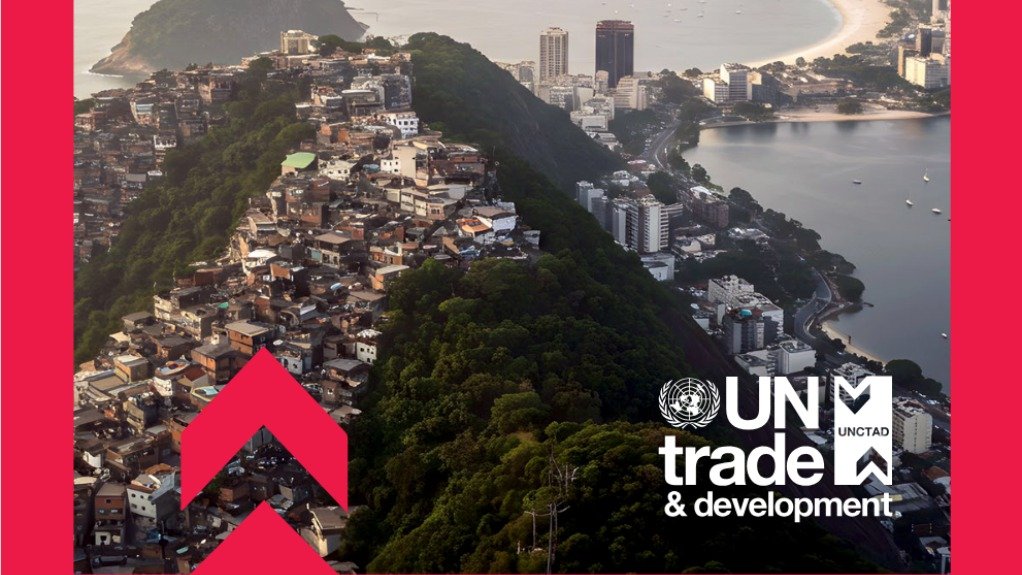- A Brics agenda for enhancing climate finance2.69 MB
The global climate finance system is under immense strain, with current financial flows falling far short of what is needed to meet the goals of the Paris Agreement.
Developing countries face mounting challenges in accessing affordable, timely, and adequate climate finance amidst rising debt, economic volatility, and declining development assistance.
By leveraging their distinct experiences and collective strengths, Brics countries can offer a compelling alternative to the current climate finance paradigm-one that prioritises development, resilience, and mutual prosperity.
While this can be no replacement for a truly functioning multilateralism guided by such key principles as Common But Differentiated Responsibilities and Respective Capabilities (CBDR-RC), action from Brics countries can complement global action by demonstrating what can be achieved with determination, cooperation and commitment.
In 2022, global climate finance reached $1.46-trillion, far short of the estimated $7.4-trillion needed annually to meet the Paris Agreement targets.
The inadequacy of current financial flows is not merely a technical issue - it is a profound equity challenge that threatens to derail global climate and development goals.
South-South coordination has long been a means for developing countries to increase the scale and scope of resources available and to build a voice commensurate with their economic weight.3 In this context, Brics leadership can be transformative.
Representing nearly half of the world's population and 28 per cent of global GDP, Brics countries are already major players in climate finance through their domestic investments, bilateral support, and contributions to multilateral development banks.
With unprecedented threats to global solidarity and the multilateral climate regime, there is renewed urgency to explore opportunities for Brics countries to enhance climate finance in their countries and the wider South.
The objective of this paper is to address the growing uncertainty of climate finance flows by exploring alternative coordination mechanisms, structures and institutions that Brics countries can lead to both increase access to finance and decrease the cost of climate action in developing countries.
It proposes an array of ideas for a Brics agenda for enhancing climate finance, grounded in the principles of climate ambition, solidarity, and respect for national sovereignty.
The ultimate goal is that innovation in Brics countries in climate finance leads to more reliable funding for mitigation and adaptation, less dependence on finance and policy shifts in Annex II countries, and enhanced national and regional strategies for all developing countries to meet their climate and development goals.
Report by the United Nations Conference on Trade & Development
EMAIL THIS ARTICLE SAVE THIS ARTICLE ARTICLE ENQUIRY FEEDBACK
To subscribe email subscriptions@creamermedia.co.za or click here
To advertise email advertising@creamermedia.co.za or click here











